
Shiomi Nawate Street Matsue
Step back in time on Shiomi Nawate Street, a beautifully preserved samurai district in Matsue, offering a tranquil glimpse into Edo-period Japan with ...

Highlights
Must-see attractions
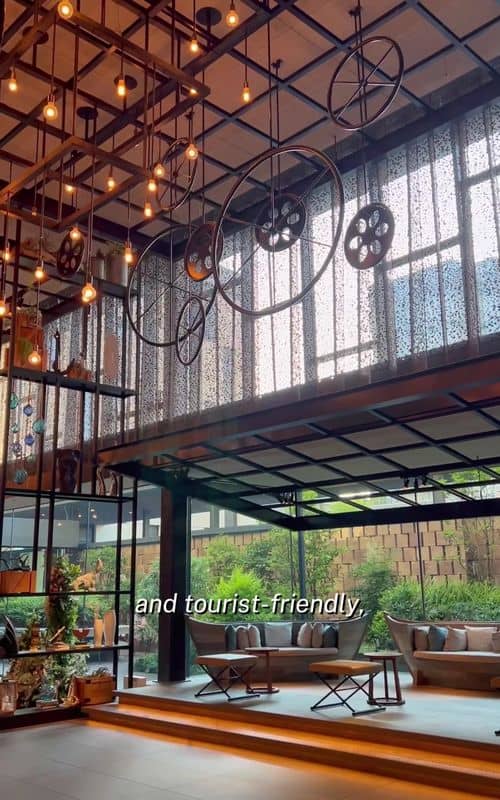
Social
From TikTok & Reddit
Best Time
Cherry blossoms bloom beautifully

Shiomi Nawate Street Matsue
Best Time
Cherry blossoms bloom beautifully

Highlights
Must-see attractions
Step back in time on Shiomi Nawate Street, a beautifully preserved samurai district in Matsue, offering a tranquil glimpse into Edo-period Japan with traditional residences and serene gardens.
"A truly immersive journey into Japan's samurai past, offering peace and authentic cultural experiences."
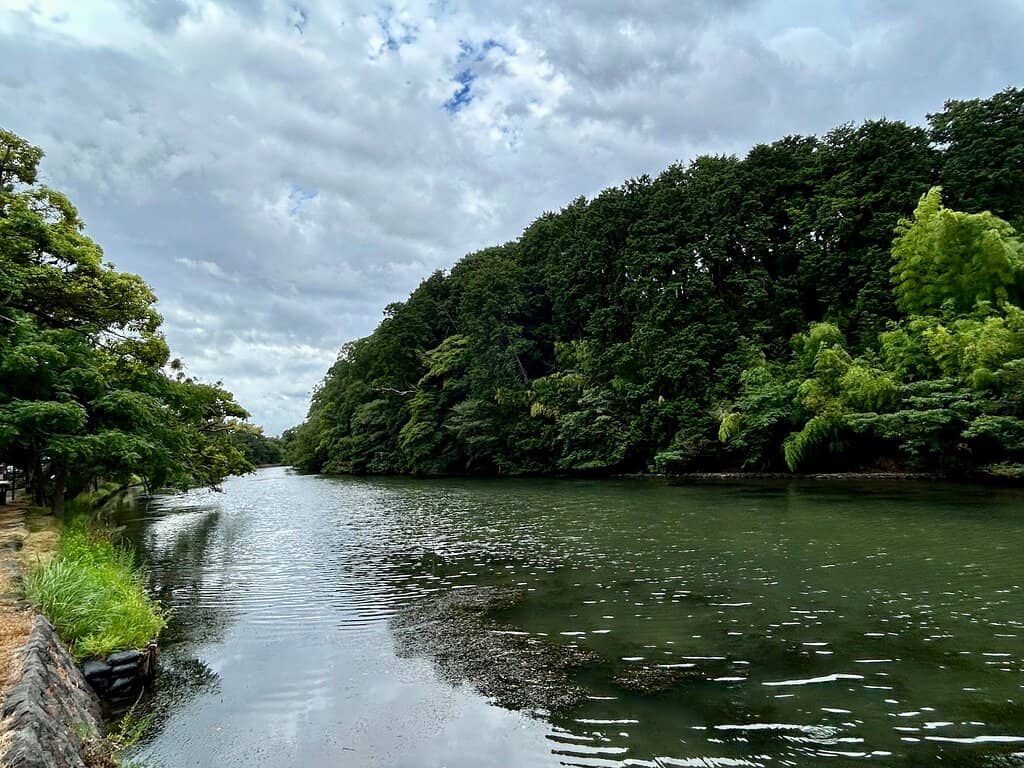
🚶♀️ Wear Comfortable Shoes
You'll be walking a lot on charming cobblestones. Prioritize comfort for exploring every nook and cranny!
🍵 Savor Local Tea
Don't miss the chance to try authentic matcha at a traditional tea house. It's a quintessential experience.
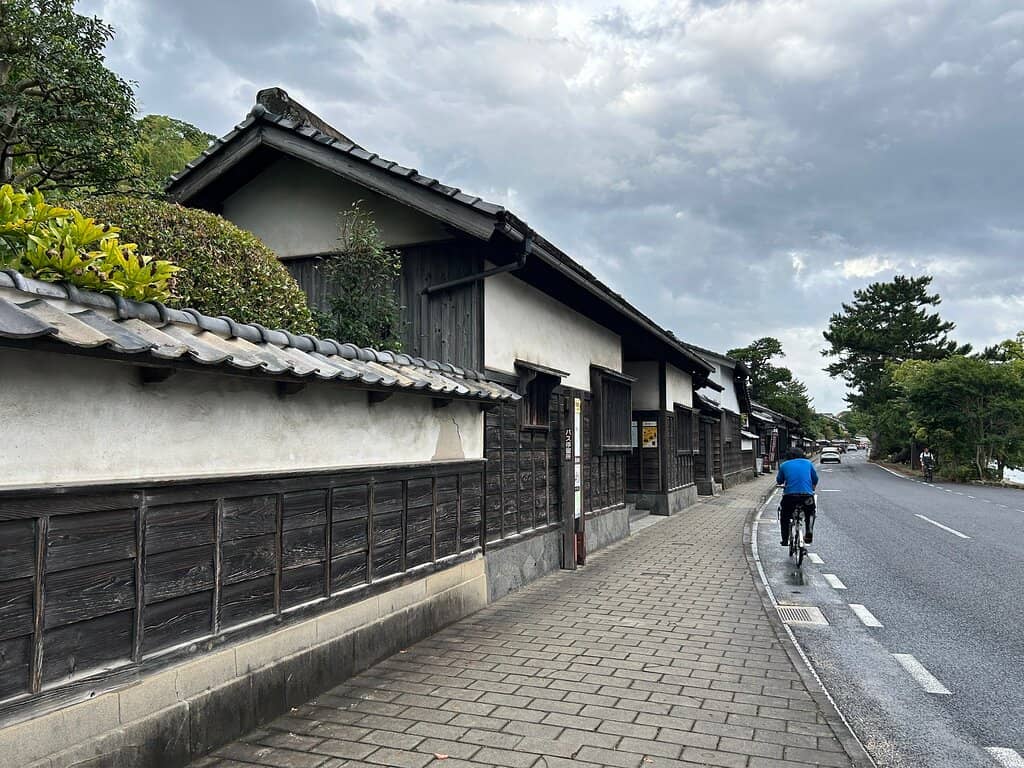
Highlights
Discover the most iconic attractions and experiences

Traditional Tea Houses
Along Shiomi Nawate Street
Sip matcha in serene settings, experiencing centuries-old tea ceremony traditions. A peaceful escape.
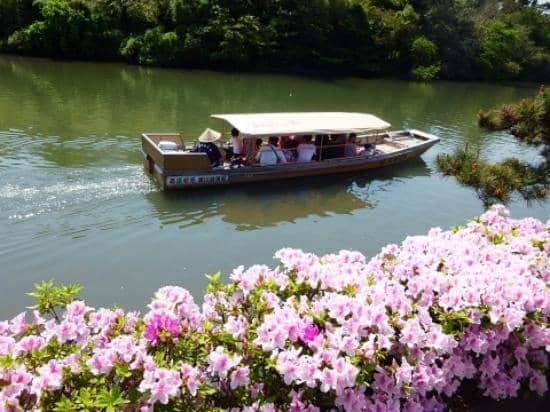
Local Craft Shops
Scattered throughout the street
Discover unique handmade pottery, textiles, and souvenirs crafted by local artisans. Perfect for gifts.
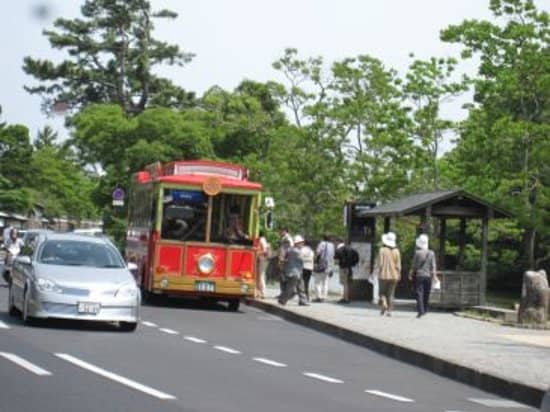
Historic Samurai Residences
Near the entrance of the street
Step back in time by exploring preserved samurai homes, offering a glimpse into feudal Japan.
Plans like a pro.
Thinks like you
Planning Your Visit
Embrace the Local Charm
Navigating Shiomi Nawate
Best Times
Insider Tips
from TikTok, Instagram & Reddit
🚶♀️ Wear Comfortable Shoes
You'll be walking a lot on charming cobblestones. Prioritize comfort for exploring every nook and cranny!
🍵 Savor Local Tea
Don't miss the chance to try authentic matcha at a traditional tea house. It's a quintessential experience.
📸 Capture the Charm
The street is incredibly picturesque. Bring your camera to capture the traditional architecture and serene atmosphere.
⏰ Go Early or Late
To avoid crowds and enjoy a more peaceful visit, aim for early mornings or late afternoons.
Tips
from all over the internet
🚶♀️ Wear Comfortable Shoes
You'll be walking a lot on charming cobblestones. Prioritize comfort for exploring every nook and cranny!
🍵 Savor Local Tea
Don't miss the chance to try authentic matcha at a traditional tea house. It's a quintessential experience.
📸 Capture the Charm
The street is incredibly picturesque. Bring your camera to capture the traditional architecture and serene atmosphere.
⏰ Go Early or Late
To avoid crowds and enjoy a more peaceful visit, aim for early mornings or late afternoons.
What Travellers Say
Reviews Summary
Visitors consistently praise Shiomi Nawate Street for its authentic historical atmosphere and well-preserved samurai residences. The tranquil ambiance and opportunities to experience traditional Japanese culture, like tea ceremonies and local crafts, are highly appreciated. Some note that while charming, it can be quiet, and certain attractions may have limited hours.
What People Like
What People Dislike
Frequently Asked Questions
🚇 🗺️ Getting There
Shiomi Nawate Street is accessible via public transport. From major cities like Tokyo, you can take a train to Matsue Station. From there, local buses or a short taxi ride will take you directly to the street. Some visitors recommend checking local train schedules in advance for smoother travel.
While Shiomi Station is mentioned in relation to accessibility for accommodation near Tokyo, for Shiomi Nawate Street in Matsue, the nearest major station is Matsue Station. From Matsue Station, you'll need to take a local bus or taxi to reach the street itself.
The street is best explored on foot. Its charm lies in its narrow lanes and traditional architecture, which are ideal for leisurely strolling. Comfortable walking shoes are a must!
Yes, there are parking lots available near Shiomi Nawate Street, though they can fill up quickly during peak seasons. It's advisable to arrive early if you are driving.
Ride-sharing services are available in Matsue, and you can use them to get to Shiomi Nawate Street. However, taxis are often more readily available and familiar with the specific location.
🎫 🎫 Tickets & Entry
Shiomi Nawate Street itself is a public area and does not require an entrance ticket. However, some individual attractions within the street, such as museums or specific samurai residences, may have their own admission fees.
The street is generally accessible throughout the day. However, individual shops, tea houses, and historical sites will have their own operating hours, typically from morning to late afternoon. It's best to check the specific hours for any place you wish to visit.
Yes, guided tours are often available, providing deeper insights into the history and culture of the area. You can inquire about these at the local tourist information center upon arrival.
Most of the historic samurai residences along Shiomi Nawate Street have a small admission fee for entry. This fee usually contributes to the preservation of these historical sites.
Shops and restaurants operate on their own schedules, generally from around 10 AM to 5 PM. Some may close earlier on certain days or during off-peak seasons.
📸 📸 Photography
The entire street is photogenic! Look for picturesque traditional houses, the stone-paved lanes, and the serene gardens. The entrance with the old gate and the tea houses are particularly popular for photos.
Photography is generally allowed in the grounds and exterior of the samurai residences, but often restricted inside the main buildings to protect the artifacts and interiors. Always check for signage or ask permission.
Early morning or late afternoon offers the best light for photography, creating a softer, more atmospheric feel. Golden hour can be magical here.
Don't miss capturing the contrast between the traditional wooden architecture and the natural surroundings, especially during spring cherry blossom season or autumn foliage.
Tripods are generally permitted, but be mindful of other visitors, especially during busy times. Avoid obstructing pathways or entrances.
🍽️ 🍽️ Food & Dining
You'll find traditional Japanese cuisine, including local specialties like Izumo soba, fresh seafood, and delicate wagashi (Japanese sweets). Many tea houses also offer light snacks.
While traditional Japanese cuisine can be meat and fish-heavy, many restaurants are becoming more accommodating. Look for dishes like vegetable tempura, tofu dishes, or ask for modifications. It's always best to inquire directly with the restaurant.
Izumo soba is a regional specialty you shouldn't miss. Also, try local seafood dishes and enjoy the exquisite wagashi paired with green tea.
Yes, alongside traditional tea houses, you can find some cafes offering coffee and lighter refreshments. These can be a nice break from traditional Japanese fare.
Dining prices vary. Casual eateries and tea houses might range from ¥1,000-¥2,500 per person, while more formal restaurants could be ¥3,000+.
For Different Travelers
Tailored advice for your travel style
👨👩👧 Families with Kids
Consider visiting during a local festival if your timing aligns, as these often have activities that can appeal to younger visitors. Pack snacks and drinks, as dining options might be more geared towards adults. The peaceful atmosphere is great for a relaxed family outing, but keep an eye on little ones in the narrow lanes.
🚶♀️ Solo Travelers
Engaging with local artisans or participating in a tea ceremony can be particularly rewarding for solo travelers, offering opportunities for genuine connection. The street is safe and easy to navigate, making it a comfortable choice for those exploring independently. Don't hesitate to strike up conversations with shopkeepers or locals for deeper insights.
📸 Photographers
Focus on details: the textures of the wooden walls, the patterns of the latticed windows, the moss on the stone paths, and the carefully manicured gardens. Experiment with different angles and compositions to highlight the historical ambiance. Be mindful of other visitors and respect private property when framing your shots.
Deep Dives
In-depth insights and expert knowledge
A Stroll Through History: Shiomi Nawate Street's Samurai Past
Key to understanding the street's significance are the preserved samurai residences, such as the Lafcadio Hearn Memorial Museum and the former samurai house of the Shiomi family. These sites often feature meticulously maintained gardens, offering a peaceful retreat and a glimpse into the aesthetic sensibilities of the era. Exploring these residences provides not just architectural insights but also a deeper appreciation for the social hierarchy and daily life of the samurai class.
Beyond the residences, the street itself is a living museum. The stone walls, the narrowness of the lanes, and the overall layout are designed to reflect the defensive and aesthetic principles of samurai settlements. It’s a place where history feels palpable, encouraging visitors to slow down, observe the details, and connect with Japan's rich feudal past.
Experiencing Traditional Japanese Culture
The street is also renowned for its local crafts. Artisans continue to practice traditional techniques, producing items like pottery, textiles, and lacquerware. Visiting the small shops allows you to see these crafts firsthand, often meeting the artisans themselves, and perhaps finding a unique souvenir that carries the spirit of the region. These handcrafted items are a testament to the enduring artistic heritage of Japan.
Furthermore, the culinary scene on Shiomi Nawate Street offers a taste of local flavors. From regional specialties like Izumo soba to delicate wagashi (Japanese sweets), the food here is an integral part of the cultural experience. Dining in one of the traditional restaurants or tea houses provides an opportunity to savor authentic Japanese cuisine in an atmosphere that complements the historical surroundings.

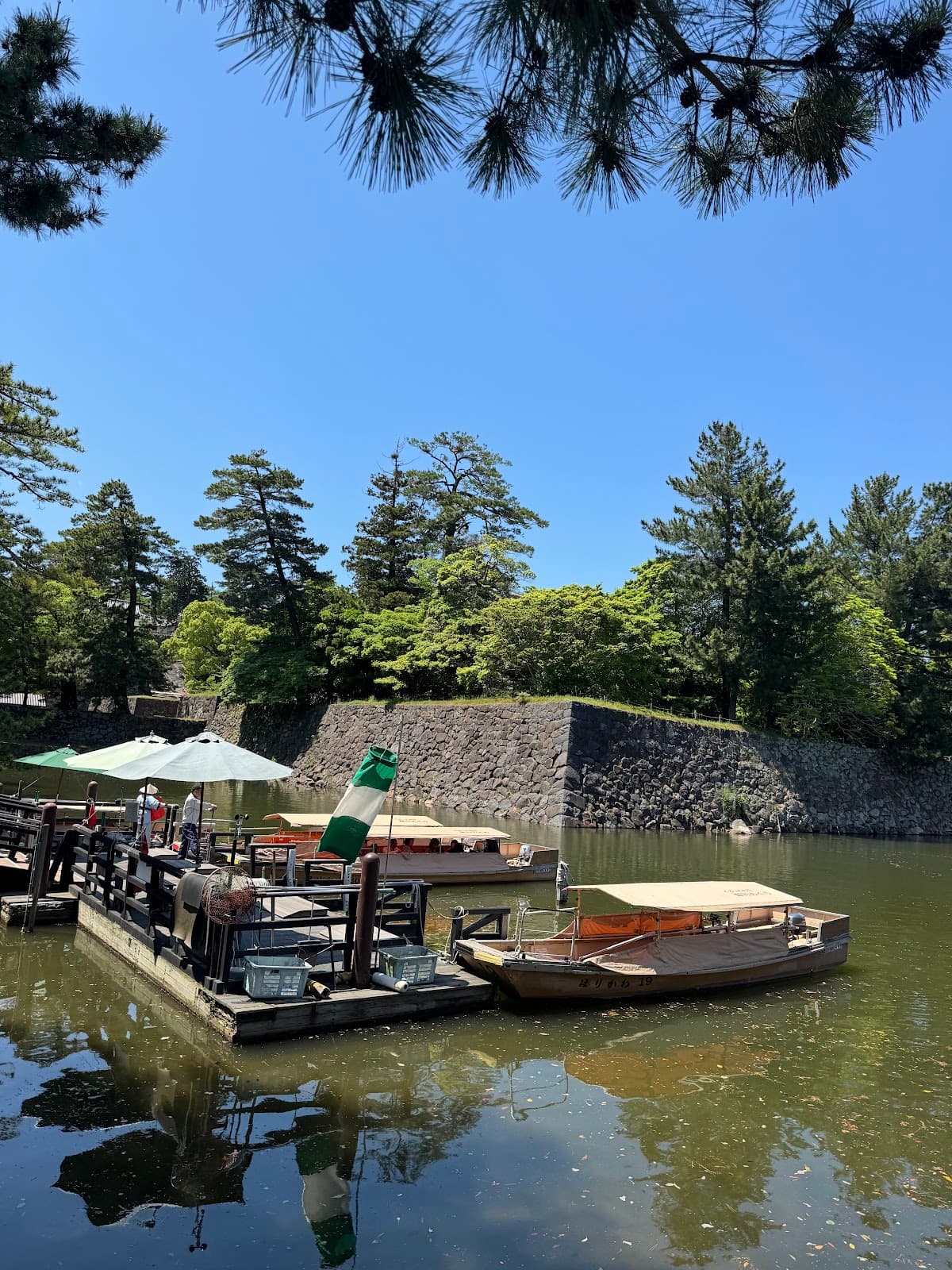


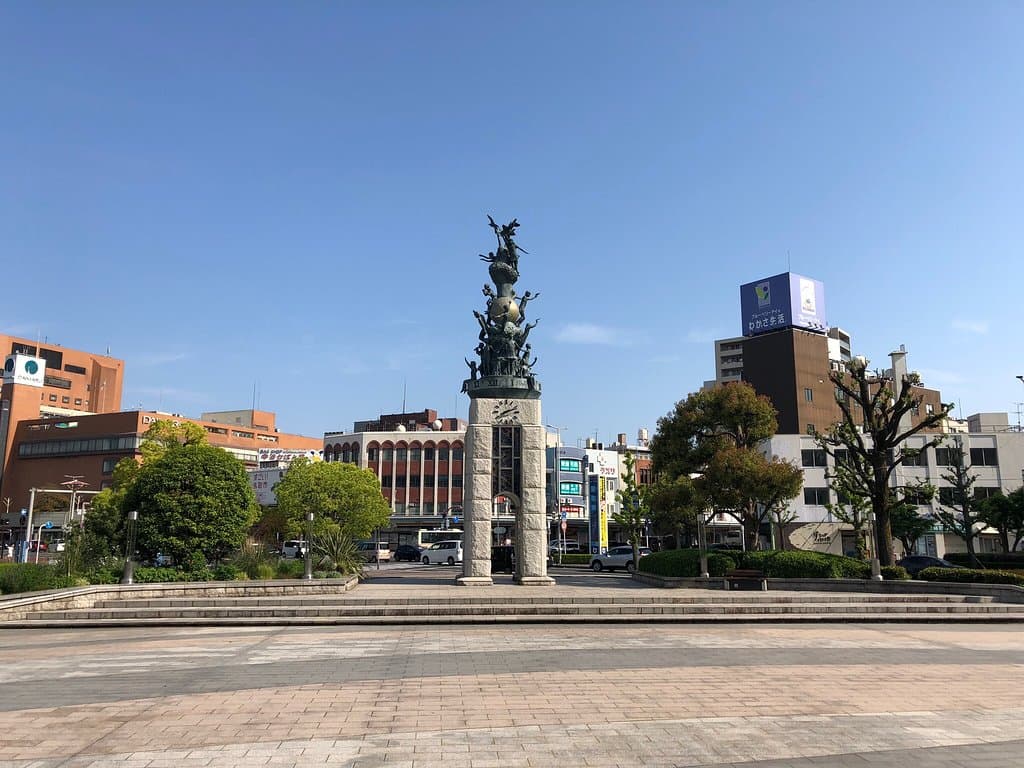
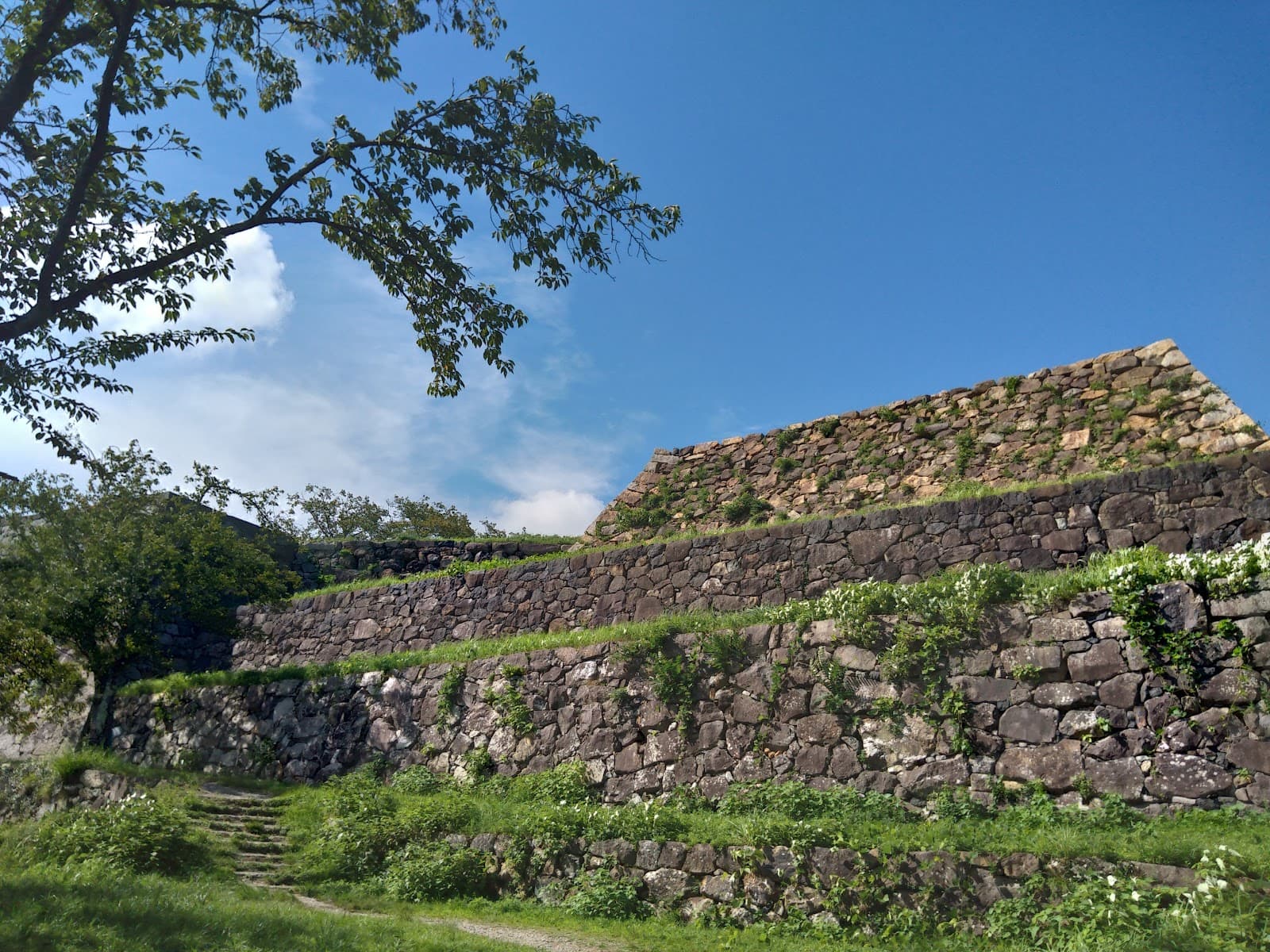
Social
from TikTok, Instagram & Reddit